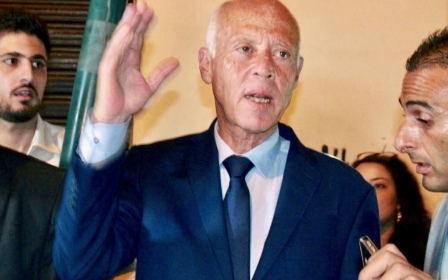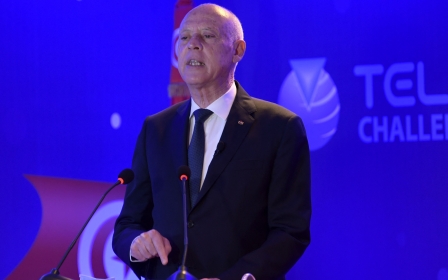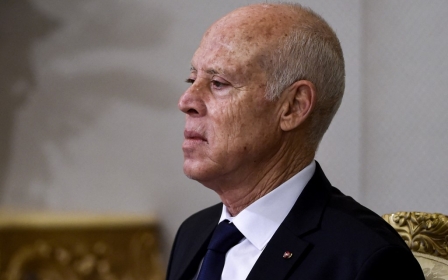Tunisian prime minister denies plans to give away land to Qatari investors
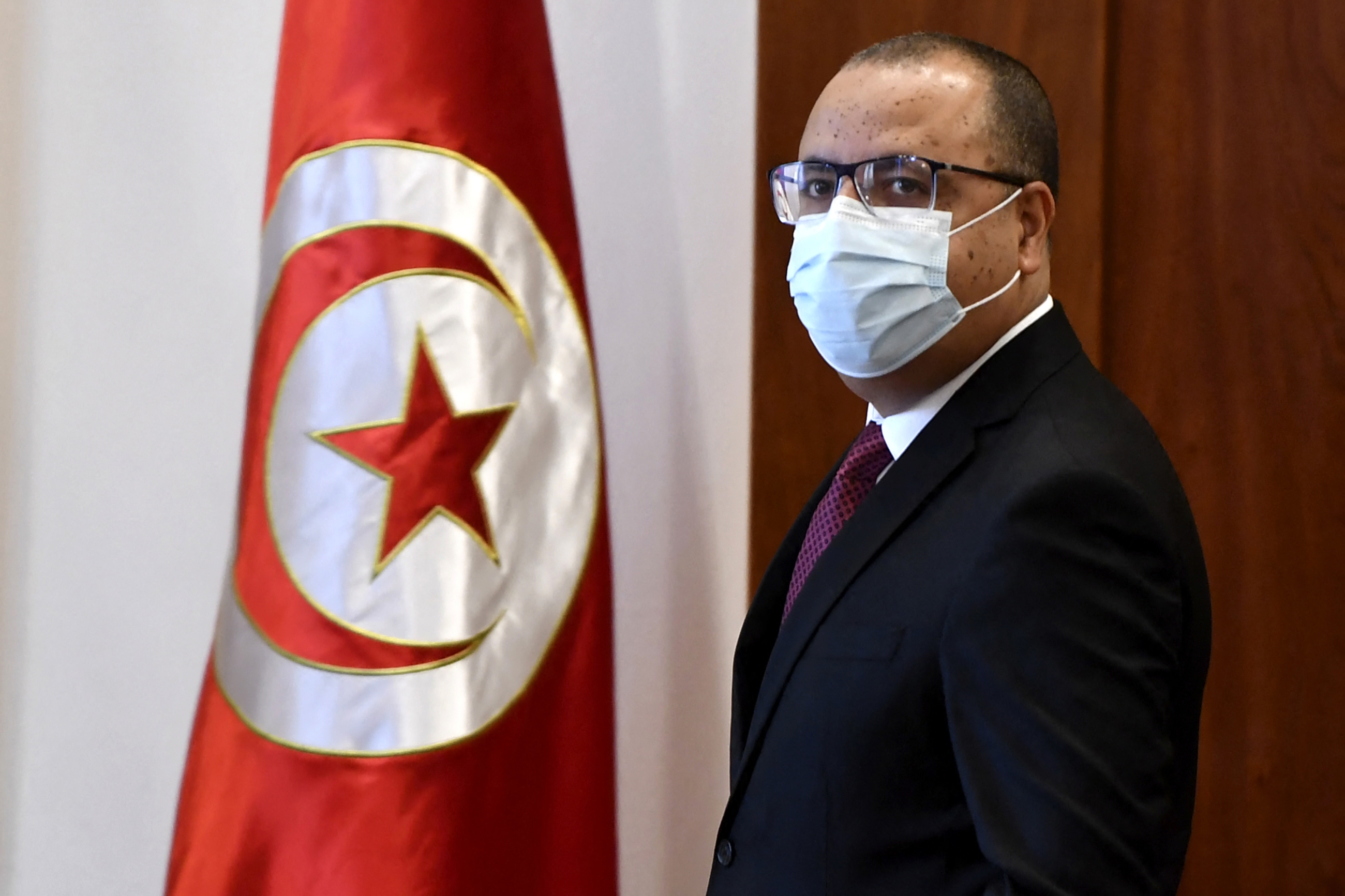
Tunisian Prime Minister Hichem Mechichi denied reports circulating on social media regarding plans to give away Tunisian land to Qatari investors.
After meeting with both Qatar's Emir Sheikh Tamim bin Hamad al-Thani and Minister of Foreign Affairs Sheikh Mohammed bin Abdulrahman al-Thani on Monday, Mechichi said that Tunis was committed to providing facilities to Qatari investors "free of obstacles" and added that the creation of a joint Tunisian-Qatari economic forum was discussed to encourage investment.
"Qatar and Tunisia hold strategic and exceptional relations at all levels and we work wholeheartedly to continuously develop and support them," he said, adding that Doha is one of the most important investors in the country.
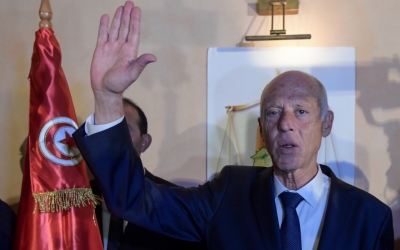
The remarks were met with criticism in Tunisia and sparked claims the prime minister was giving land away to Qataris at no cost, despite foreign ownership of agricultural lands being prohibited under Tunisian law.
Tunisian law also stipulates a foreign investor can only own up to 49 percent of shares in an agricultural rehabilitation company, so that the company remains majority-owned by Tunisians.
In a statement, Mechichi denied the reports, saying some Tunisians were further complicating the country's economic situation with negative messages that could further aggravate the ongoing economic and social conditions in Tunisia.
Tunisia's economic crisis - exacerbated by the coronavirus pandemic - has sparked rapid inflation and high youth unemployment and has led to many people leaving the North African country.
Tunisia's gross domestic product shrank three percent in the first quarter of 2021, compared to the previous year.
Middle East Eye delivers independent and unrivalled coverage and analysis of the Middle East, North Africa and beyond. To learn more about republishing this content and the associated fees, please fill out this form. More about MEE can be found here.


